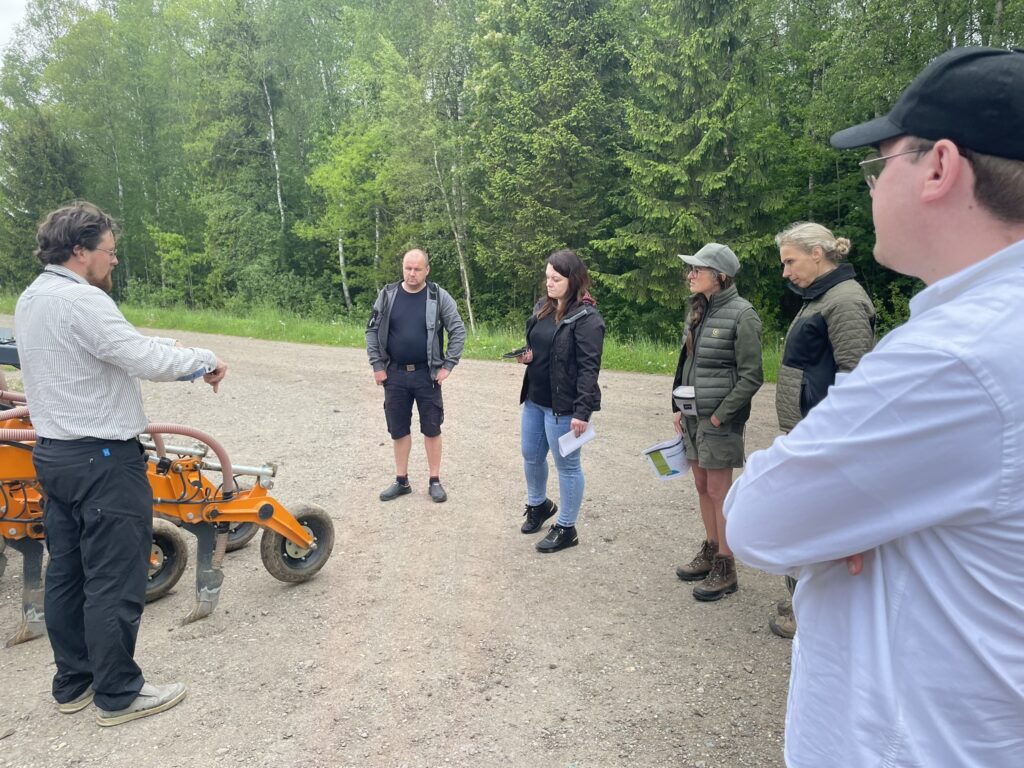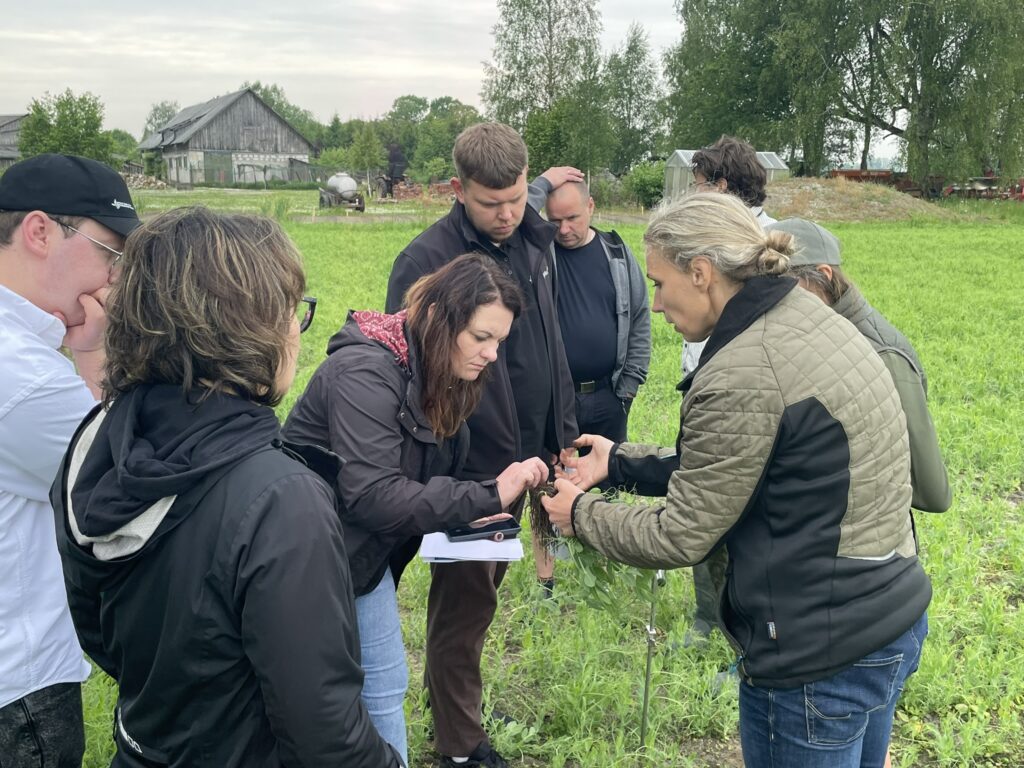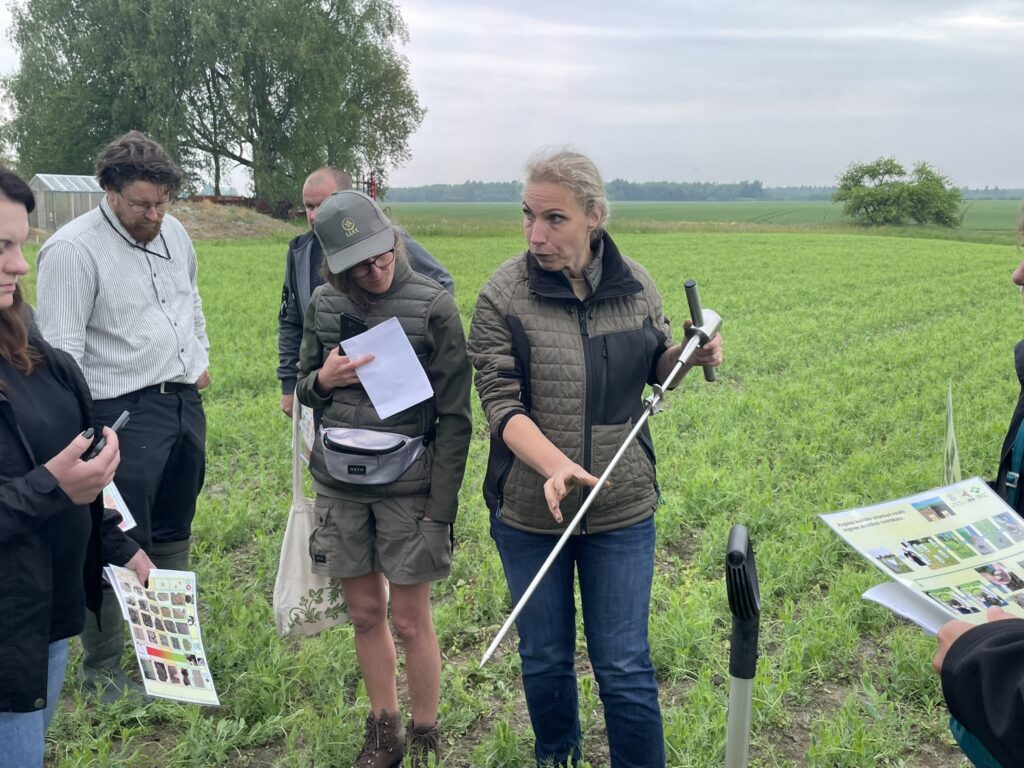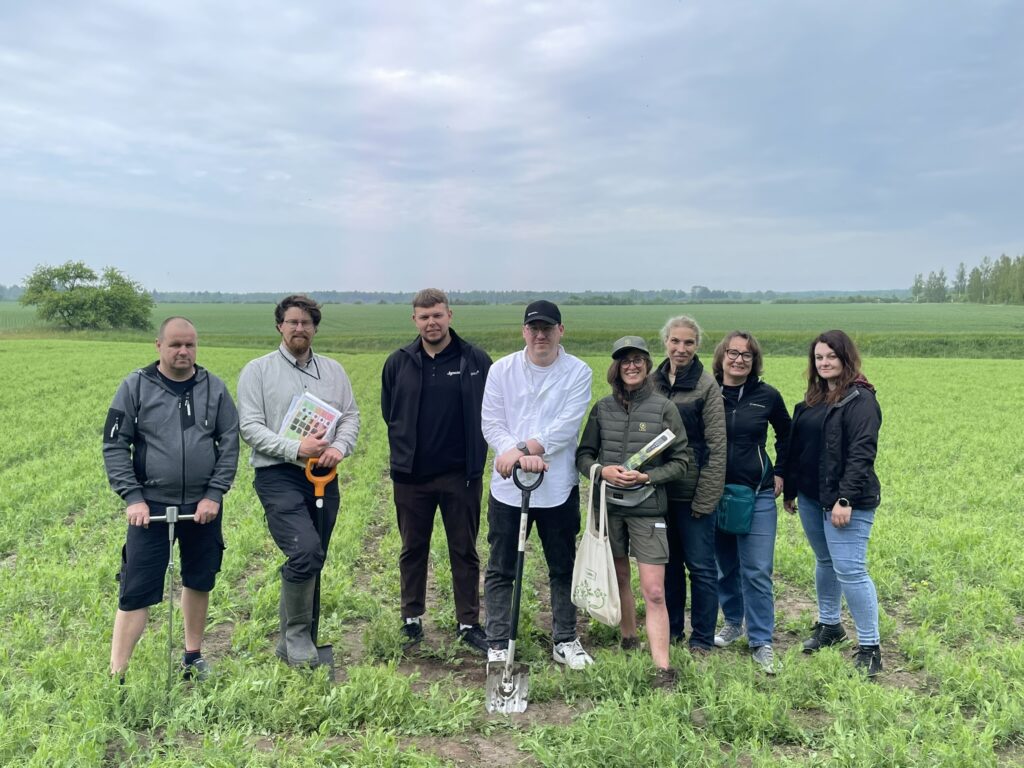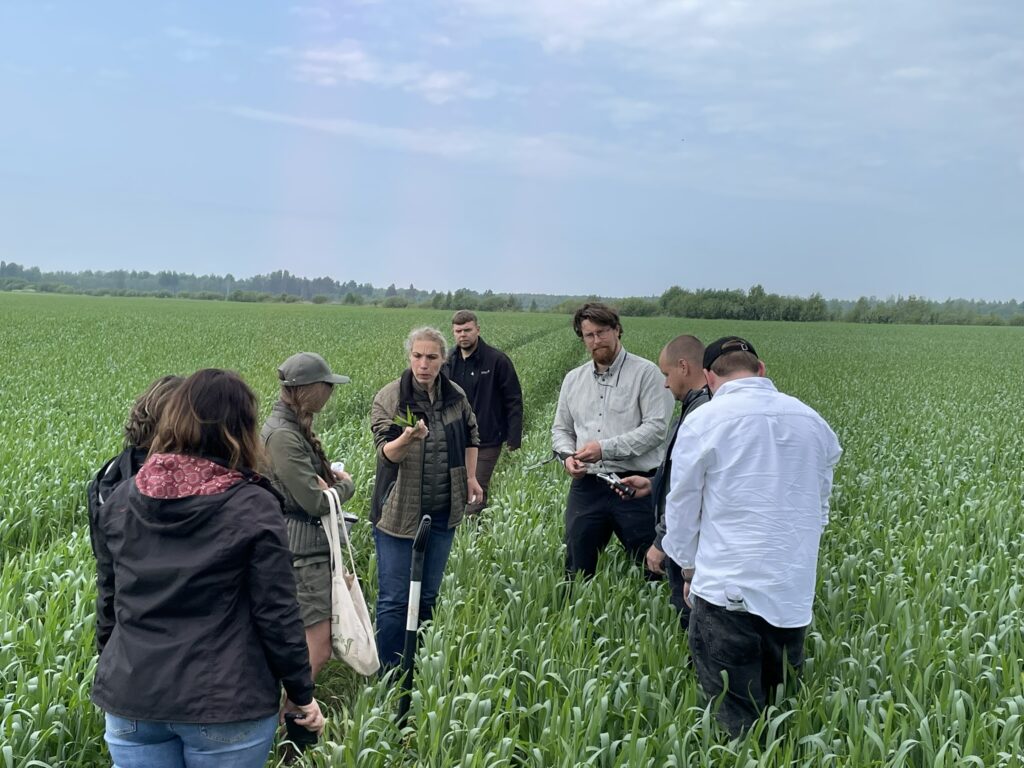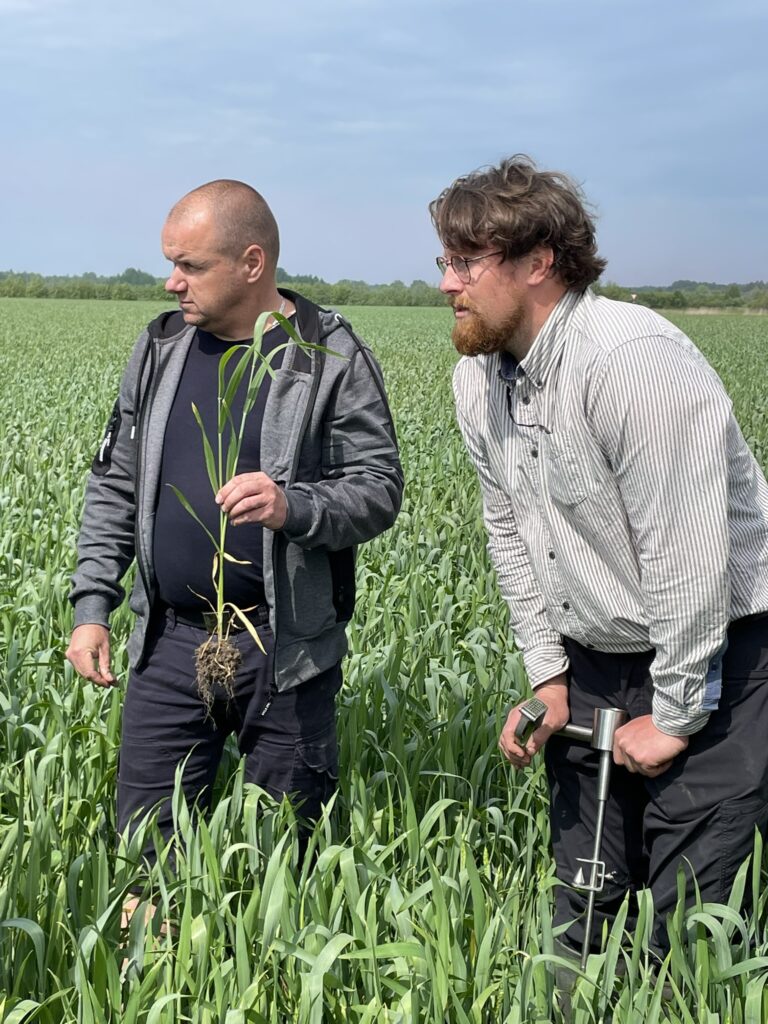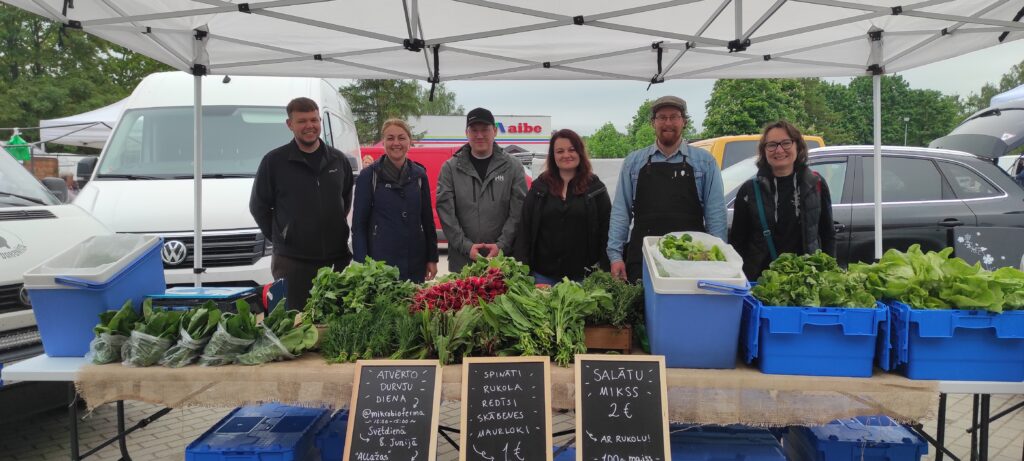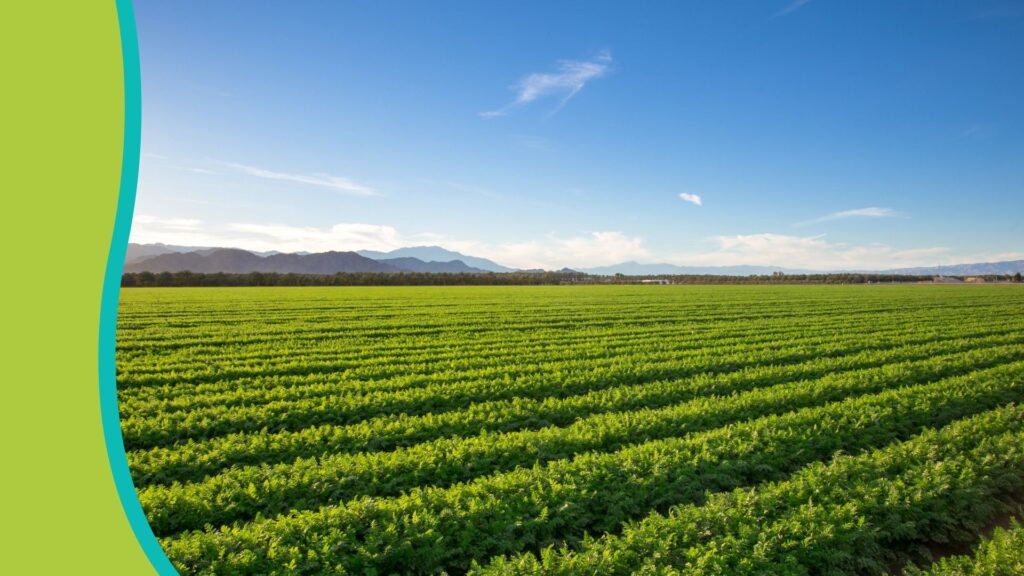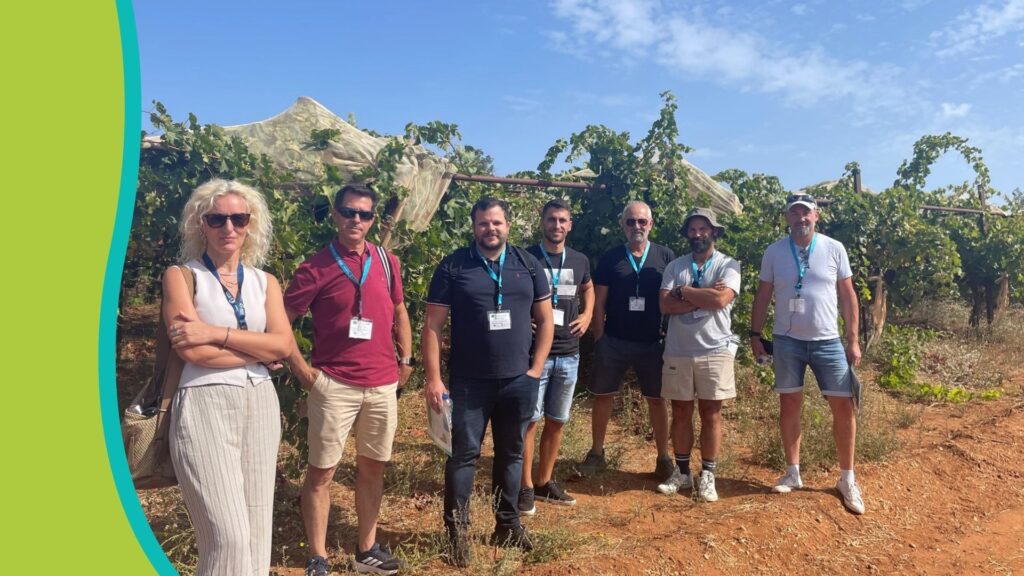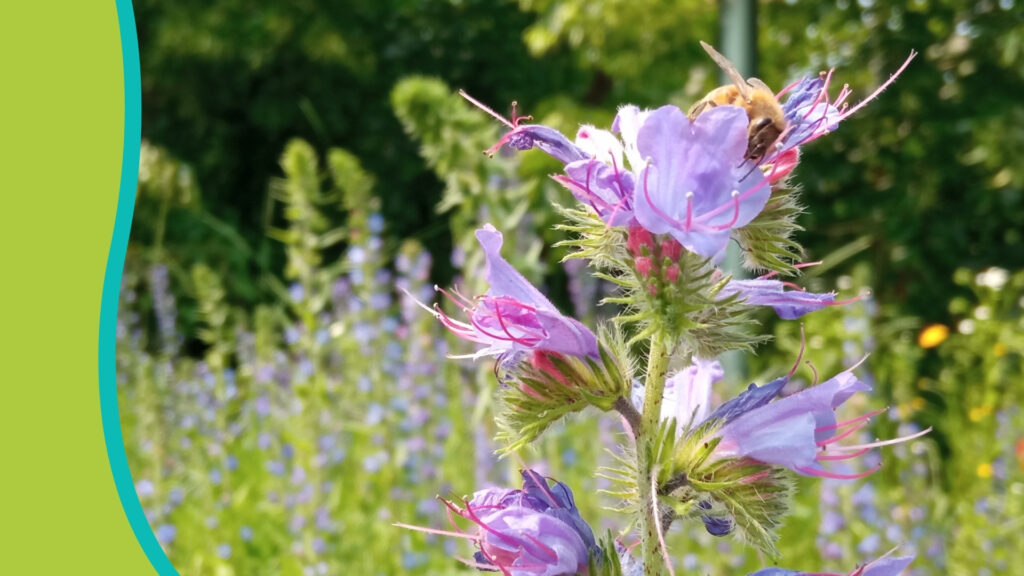Latvia’s first cross visit in arable crops sector was organized by Latvian Rural Advisory and Training centre and it took place in Dienvidkurzeme region city Aizpute on 05.-06.th of June.
Among the participants were advisors from Latvia, Lithuania and Poland. There were featured a field visit and expert lecture on soil health, followed by cultural and community elements including a walk through the historic town of Aizpute and local farm-to-fork initiatives. It gave a holistic view of how regenerative principles are being implemented on the ground.
The Latvian farmer Aivars Puguls from farm “Kalves” presented an innovative approach combining direct seeding, minimal soil disturbance and crop rotation with a strong focus on plant and soil biology. Winter crops such as wheat, barley, corn, oats, and peas serve both as cash and cover crops, preventing bare soil. An herbicide program in autumn and spring ensures weed control for direct sowing. Residues are treated with Rumex bacteria to enhance biomass decomposition. Fertilizers (150 kg/ha) are applied at seeding and again in spring, supported by foliar feeding with CAS complex, humic substances, beneficial fungi, and microorganisms.
As a result, no fungicides or insecticides were used in 2024 or up to mid-2025. Soil health, assessed by penetrometer and shovel test, showed better structure and lower compaction than plowed fields. Sap sugar analysis supported plant health monitoring. Key recommendations: apply seed treatments with micronutrients and microbes; implement on-farm biofertilizer production to reduce input costs. During the cross-visit, participants not only had the chance to see these practices in action but also to exchange ideas directly with farmer Aivars and learn about the possible challenges and solutions he has developed over the years.
